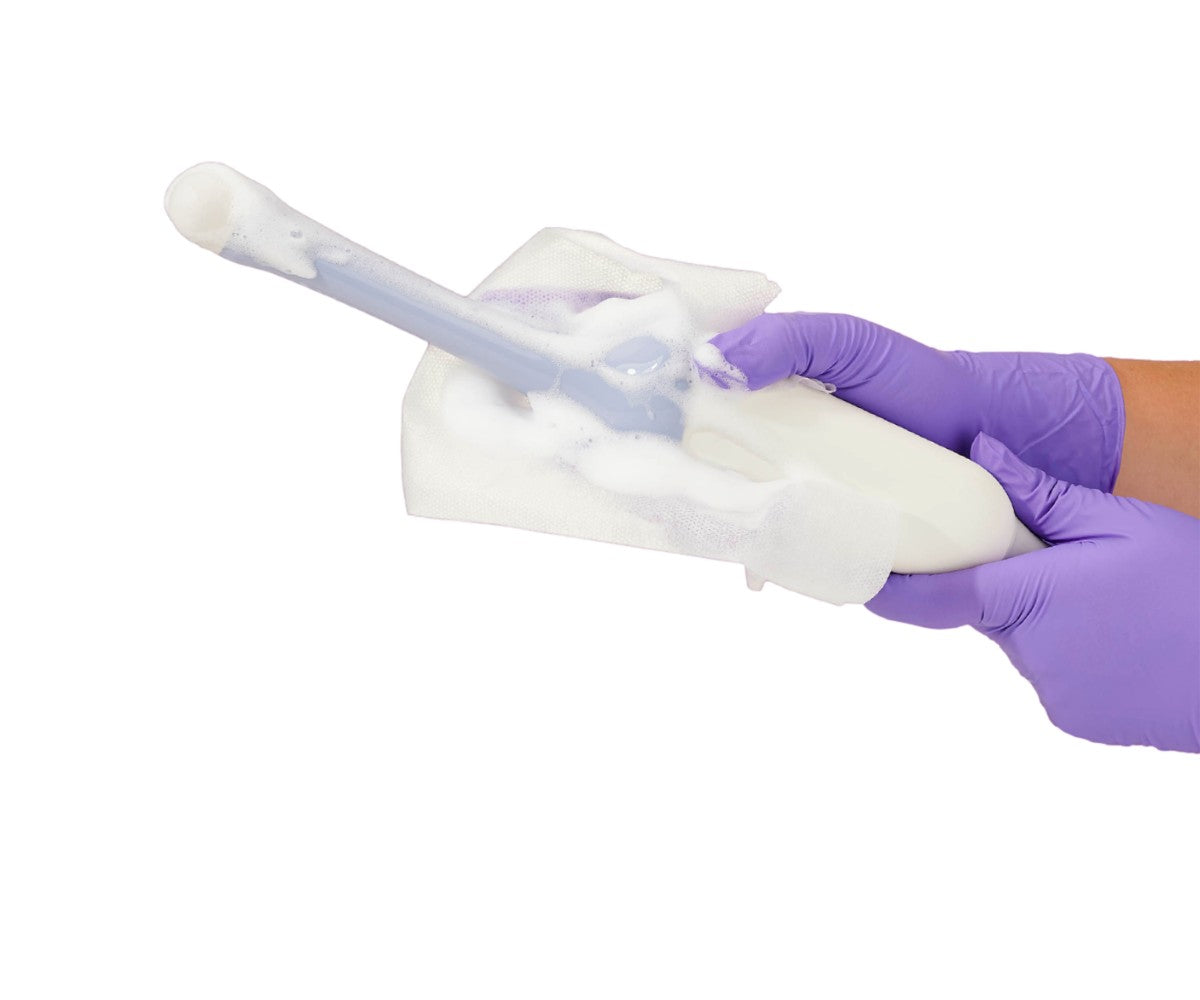The global IVF market is projected to reach over USD 59.45 billion by 2032, according to an industry report. Additionally, the fertility space is experiencing a surge in technology investments, particularly in AI-driven startups.
As a transformative force, artificial intelligence (AI) is reshaping the practices of in vitro fertilization (IVF) laboratories, with a strong focus on revolutionizing the assessment of embryo quality. The integration of AI technologies has led to significant advancements in embryo evaluation, selection, and overall procedural improvements within IVF clinics.

The Role of AI in Enhanced Embryo Evaluation
The pivotal role of AI in reshaping embryo quality assessment lies in its ability to leverage machine learning algorithms for data analysis and predictive modeling. By analyzing vast sets of embryo development patterns and morphological features, AI brings a level of precision and consistency that surpasses traditional manual assessments. This not only streamlines the evaluation process but also opens new possibilities for identifying subtle indicators of embryo viability that may have been overlooked in conventional evaluations.
In a study published in the Journal of Fertility and Sterility in 2023, researchers demonstrated the efficacy of an AI-powered embryo evaluation system in accurately predicting implantation potential. The results indicated that the AI model achieved a significantly higher accuracy rate in identifying viable embryos compared to conventional morphological assessments conducted by embryologists. Moreover, the discussion highlighted the potential for integrating AI-based embryo evaluation systems into routine clinical practice, emphasizing the need for further validation studies and real-world implementation to harness the full clinical impact of AI technologies in assisted reproduction.
Automation, Objectivity, and Ethical Considerations
In addition to enhancing the accuracy of embryo evaluation, AI contributes to the automation of manual processes within IVF laboratories. This automation not only saves time but also minimizes the potential for human error, thus improving the overall efficiency of the IVF workflow. Moreover, the reduction in subjectivity in embryo evaluation brought about by AI technology addresses a long-standing challenge in reproductive medicine, ensuring more consistent and unbiased assessments of embryo quality.
A review article published in the Journal of Reproductive Biotechnology in 2022 highlighted the ethical considerations surrounding the integration of AI in assisted reproduction, particularly focusing on the implications of automated decision-making in embryo selection. The discussion underscored the importance of transparency, accountability, and patient consent in the context of AI-enabled embryo evaluation, emphasizing the need for ethical frameworks and regulatory guidelines to govern the responsible use of AI technologies in IVF laboratory practices.
However, as AI continues to revolutionize IVF laboratory practices, it's crucial to navigate the ethical frontiers and regulatory landscapes governing the integration of AI in reproductive medicine. The ethical implications of AI-enabled embryo evaluation, including issues of transparency, accountability, and patient consent, must be carefully considered to ensure responsible and equitable use of AI technologies in assisted reproduction.
Real-world examples underscore the clinical impact of AI-enabled embryo evaluation, showcasing improved IVF success rates and patient outcomes. Furthermore, the potential for personalized treatment plans based on AI-driven insights presents a paradigm shift in the delivery of assisted reproduction, offering tailored approaches that optimize the chances of successful pregnancies.
Looking ahead, emerging trends such as AI-powered genetic analysis and embryo editing hold promise for further advancements in IVF laboratory practices, while also raising critical questions regarding safety, equity, and the societal implications of AI integration in reproductive medicine.







